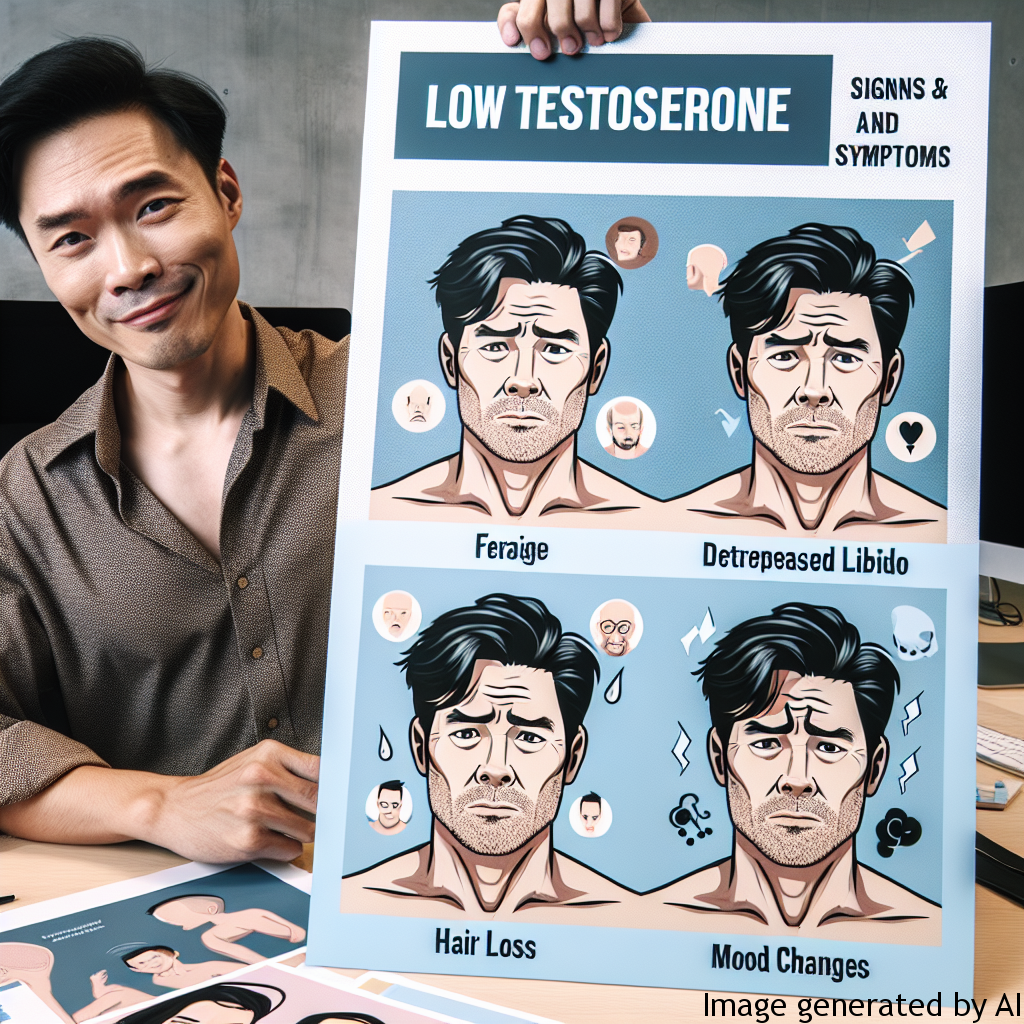Introduction
Testosterone is a vital hormone, especially for males, as it aids in the development of male growth and masculine characteristics. While it is produced in both sexes, men have much higher testosterone levels. Testosterone levels usually start to drop after the age of 30 and continue to do so as a man ages. When the levels of this hormone decrease significantly, it can potentially lead to the condition known as low testosterone, or “low T” for short. Knowing the signs and symptoms of low testosterone can help men in identifying and addressing it early on.
Description of Gender Expectations and Their Impact on Men’s Psychological Health
Traditional gender roles often regard men as the dominant, strong, and emotionally resilient half of the population. However, these norms and stereotypes can conflict with the realities of declining testosterone levels, sometimes causing detrimental effects on the mental well-being of men.
Pressure to Uphold Masculinity
The pressure to remain ‘masculine’ and live up to society’s expectations can lead to stress and anxiety, especially when a man perceives himself as failing in these aspects. Consequently, the symptoms of low testosterone, such as decreased muscle mass or body hair, may further intensify feelings of inadequacy.
Stigma Attached to Low Testosterone
There is also a societal stigma attached to low testosterone, associating it with decreased virility or manhood. This stigma can discourage men from seeking help or treatment for fear of being perceived as less masculine, leading to untreated low testosterone and inevitable mental stress.
Examples of How Gender Roles Can Affect Men’s Lives
When low testosterone symptoms arise, such as sexual dysfunction, fatigue, and lack of concentration, it can significantly interfere with a man’s daily life, affecting his work, relationships, and self-image. The push to always be strong and invulnerable can prevent men from communicating their images, leading to a feelings of isolation.
Advice on Improving Psychological Health in Light of Gender Roles
Improving psychological health while navigating gender expectations involves fundamentally changing perceptions of what it means to be a man.
Seeking Help
Encouraging men to seek help when they’re experiencing symptoms of low testosterone is important. This can involve both medical treatment and psychological counseling to deal with any mental distress that may arise from the condition.
Changing the Narrative
Challenging traditional gender norms and combating the stigma of low testosterone is also vital. Celebrating different forms of masculinity, including those that involve vulnerability and sensitivity, can contribute to a healthier outlook for men dealing with low testosterone levels.
Conclusion
Low testosterone can significantly affect a man’s mental and physical health. Understanding the signs and symptoms can lead to early detection and treatment, mitigating its potential impacts. Navigating the societal expectations of masculinity is a complex task, but generating open discussions around these issues can create more supportive environments and enable men not only to cope with issues like low testosterone but also to thrive.

